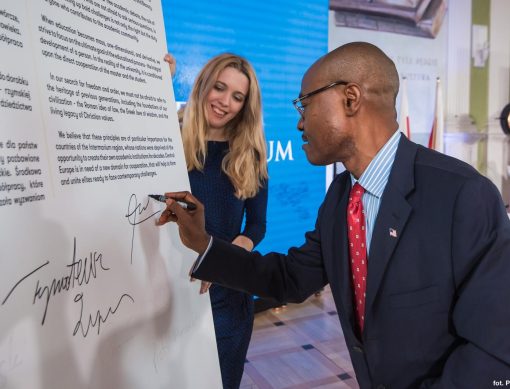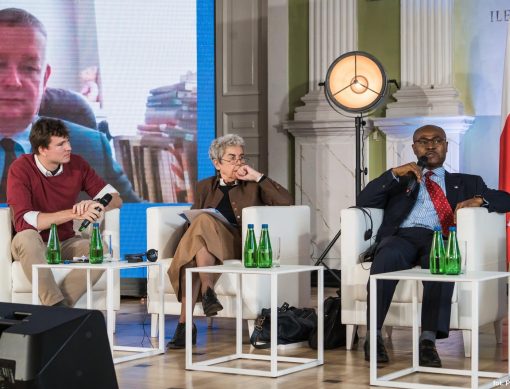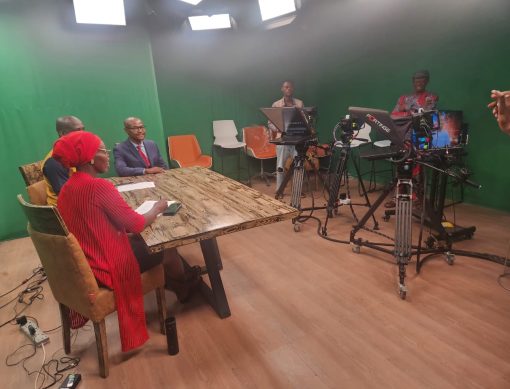Our Impact areas
- Home
- Our Impact areas
services
Keyword Research
Research & Innovation
MEDIA understands the potential of impactful collaborative research in media studies to bring about increased knowledge of media’s role in society, improved journalism practices, and increased community engagement. We support collaborative research and Initiatives such as
- Crossfield collaboration:
Journalists partnering with civil society organizations (NGOs, universities, civic tech, and arts organizations) to address issues like corruption, climate change, and human rights.
- Local Journalism Initiatives:
Studies that demonstrate how local journalism can leverage collaboration to report on important community issues.
- Academic-Industry Partnerships:
Media companies collaborating with academics specializing in media effects and public opinion research to understand audience perceptions and behaviors.
- Interdisciplinary Approaches:
Combining social sciences and humanities traditions with practice-based, design-oriented interventions to understand collaborative media.


Profesionally Written
Policy & Advocacy
The Media Education Development Initiative Africa uses its platform to promote a range of issues critical for building resilience within the media ecosystem with a combination of public statements and quiet diplomatic interventions. Through working with its advisory council and partners, MEDIA identifies issues including legislation where a combined voice of its members has potential to make an impact.
SEO-Optimized
Collaborative Journalism
MEDIA leverages its influence to join the continuing growth of collaboration in the media industry especially with a focus on partnerships that produce positive community impact. Combining social sciences and humanities traditions with practice-based, design-oriented interventions to understand collaborative journalism, MEDIA encourages experiments on joint newsrooms for local and regional newspapers to highlight the potential of pooled resources and expertise.

